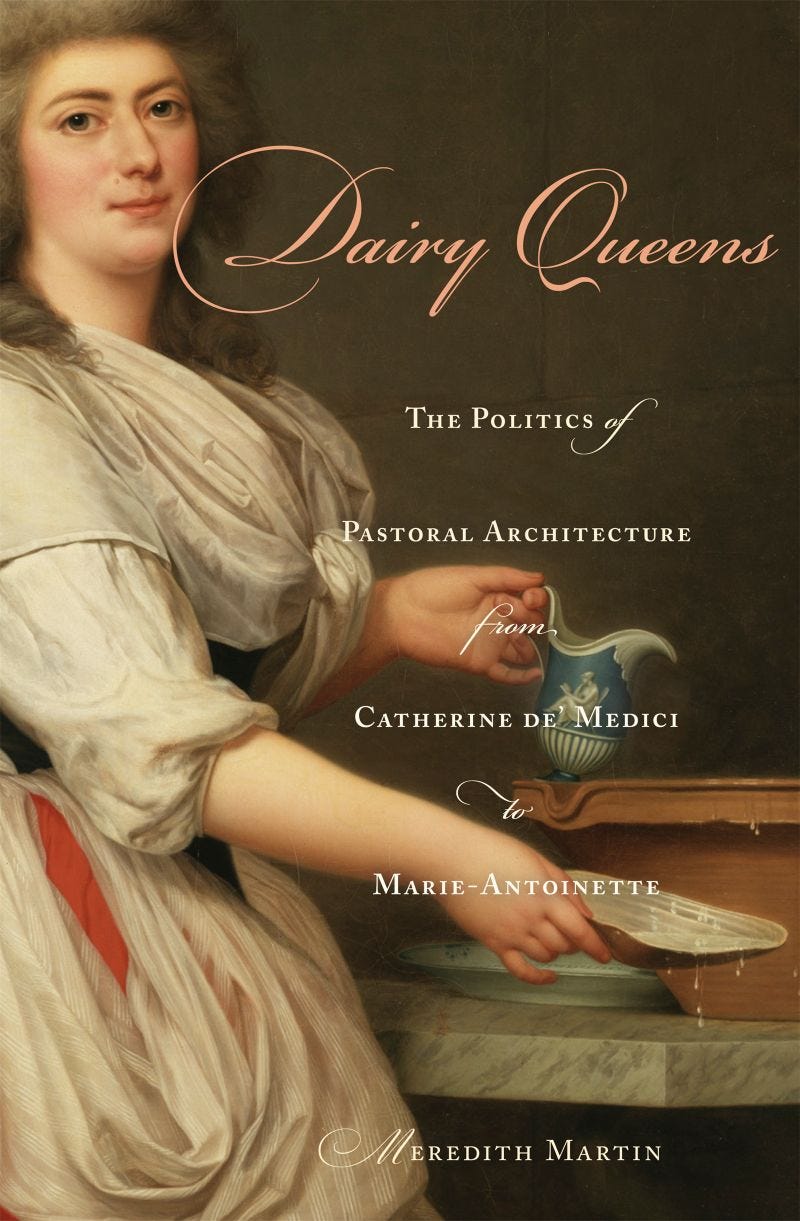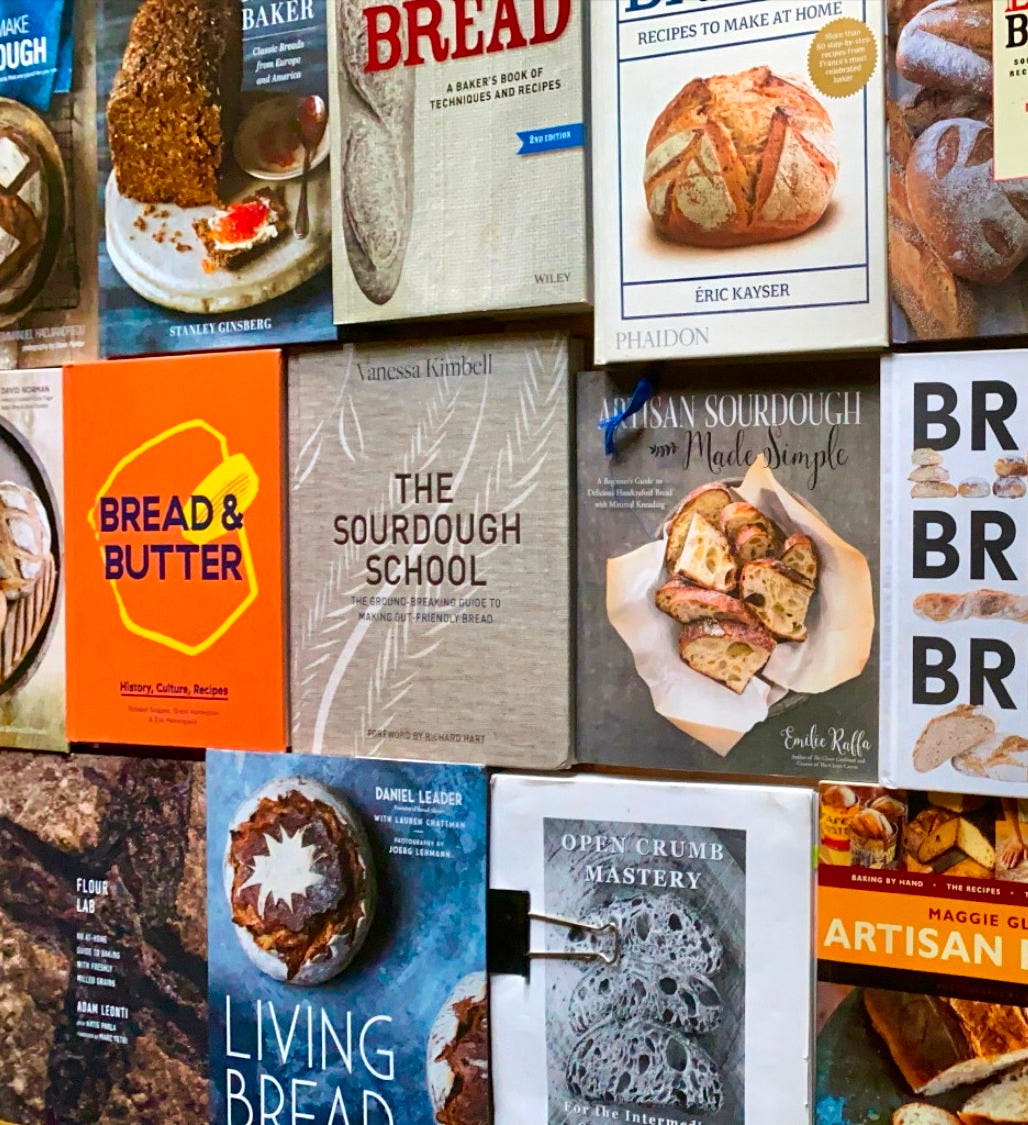Stop Buying Shitty Cookbooks–A Short Diatribe.
What is the value of most cookbooks?
If you’re enjoying this newsletter, please consider becoming a paid subscriber. It’s only $24 a year. That’s like one shitty cookbook!
THE PROBLEM
IF I SEE ANOTHER celebrity or personality cookbook, I will explode. Thinking it can’t get worse than the days of everyone on the Food Network getting a cookbook deal, we now live in a world saturated with shallow vanity projects and lifestyle “magazine” type cookbooks. Currently, parasocial cookbooks are dominating and flooding the market.
Nowadays, the Food Network is in the business of commodifying and celebrating everything that’s wrong with the restaurant industry, but let’s save that discussion for another post.
The problem is that people who have nothing to sell are flooding the market with meaningless crap. Branding, marketing, and money making is great—we should all do that. We should do that with trust in each other, a brand should have integrity. And that integrity can market that brand to bring in revenue. Unfortunately the majority of cookbooks are not sold based on integrity. In many ways, it's the fatty salty sugary fast food of publishing.
So what are these cookbooks offering to their readers? What is their value? Is it simply another product to sell to make money? I’m afraid it’s more nefarious than that. These cookbooks are in the business of selling their readers a certain type of lifestyle, a certain type of femininity, and certain types of social and personal aspirations. These cookbooks are sold on whatever “perfect life” the consumer thinks they want. Don’t get me started on diet cookbooks.
The majority of cookbooks are in the business of performing (selling) what I call global class theater—the homogenized, globalized, westernized, sanitized, and devoid of nuance, local context, and actual complexities of the human lived experience. Where is the detail?
Instead, these cookbooks are full of highly stylized and idealized photography. Their pages are full of smiling, brightly lit happy people, having a time of their life eating beautiful plates of food, hanging out in their expensive and abundant homes. You can have a piece of that life by purchasing one of these cookbooks. It will get you one step closer to this unattainable life. Unfortunately, it will not. It will leave you $40 poorer with a shallow empty coffee table book devoid of all meaning save for the flash fashion of that particular celebrity’s face.
Yes, it’s that serious. More and more cookbooks are merely billboards meant to promote homogenized globalized social, gender, and class expectations. They are designed and constructed to present an idealized version of femininity, masculinity (male gaze cookbooks are interesting…), success, prosperity, and desire.
I know, it’s a little bit of a chicken and egg situation, what came first? But we can definitively say that publishers want to make a quick profit off of what people want. They 100% support and propagate the problem, even if they aren’t necessarily the origin. They, like other forms of media, create a feedback loop that poops out ultra processed/sanitized/uncanny valley crap in an effort to find the cash cow holy grail celebrity success.
Similarly, these cookbooks “show” or remind you of everything that is missing from your life. They encourage you to pursue a certain type of lifestyle that you “should” be striving to imitate and emulate. In turn, reaffirming the social and cultural norms embedded in them. I would go as far as to say that these types of cookbooks play an important role in reaffirming the problematic systems that are destroying the world around us.
We, the audience, can never reach this level of (highly constructed) perfection but no one needs to know or remember that. Just look at social media, all we see are images of lives we will never live or have access to. Images that make us loathe who we are or make us feel ashamed of where we are in our sad little lives. How can you be happy if you don’t have a sparkling clean brand new kitchen. How can you consider your life a success if you don’t have a $20,000 dollar oven in your home? Flipping through the majority of cookbooks, you are bombarded with the same type of perfectly curated images.
Additionally, cookbooks are very much still in the business of selling performative domestic feminine labor. Rich people are the only ones who have time to roleplay or cosplay—it’s as silly as Marie Antoinette roleplaying as a milkmaid churning butter and doing other faux-pastoral activities at her Pleasure Dairy, right? Ironically, they can’t actually show you any of the actual labor because that would break the illusion.
Historically, since the early 19th century, cookbooks frequently functioned as manuals for women on how to manage and run their household. Even though we technically stopped publishing cookbooks that tell women how to run their homes (that’s what social media does now), cookbooks are still very much teaching its readers what a perfect household should look like and what a perfect housewife and hostess should be like.
Seriously, how many cookbooks have you seen that don’t fit into our global society’s social and cultural norms or actively work to enforce them? Do tell me in the comments if you have a favorite cookbook(s) that challenges the globalized westernized imperialistic narratives and systems!
Furthermore, the culinary value of cookbooks is getting lost in the sea of crap. Here I am talking about cookbooks that introduce us to new ways of thinking about cooking and baking. Recently, Alicia Kennedy, posted a TikTok encouraging the world to demand more conceptual cookbooks. That’s exactly what we need more of in our bookstores. Cookbooks that are allowed to focus on food itself not the person or personality behind the cookbook. Cookbooks that think creatively about food, cooking, and baking.
We need cookbooks that document regional cooking and baking traditions, use of indigenous ingredients, traditional knowledge of how to cook and bake with them, and a representation of culinary practices that don’t fit the homogenized westernized narratives we see over and over again.
Paula Forbes published a great piece by Laura Scherb on a relevant topic “Why Do So Many Cookbooks Have Similar Recipe Lists? A plea for bolder tables of contents.” The article points out that the majority of general bestselling cookbooks are printing and reprinting the same type of recipes over and over and over and over again. It’s painfully boring and devoid of substance.
So, what does all of this actually mean? It means we need to stop buying shitty cookbooks. The only thing the publishing industry will listen to and respond to is numbers. As someone who has first hand experience in how publishing decisions are made, at the end of the day, the only thing that matters is numbers. If the sales are not there, the publishers will seize to produce the books.
We as a society have the power to change the world around us, but we can only do it as a collective. Boycott vanity celebrity projects. Boycott homogenized, globalized, and idealized cookbooks. Don’t spend your hard-earned money on a piece of social and cultural propaganda. What we need is more counterculture cookbooks! We also need more cookbooks in translation!
Instead, go to your local bookstore and ask for a cookbook that prioritizes food, people, diverse cuisines, diverse voices, family recipes, culinary education, cultural heritage, culinary traditions, community food zines, or food history. We can only stop publishers from making shitty cookbooks by not buying shitty cookbooks.
Don’t forget to tell a friend!







I once interviewed someone for my podcast who shared that cookbooks are a snapshot of a moment in time. Of a family’s history, or of a cook overcoming barriers. Those are the books I want to read - history books that are filled with food!
On recipe testing (outside of baking), I have a contrarian view. I buy cookbooks for inspiration. Rarely will I cook exactly from it without tweaking ingredients to my taste. So yes the recipe needs to functionally work - meat should finish cooking in the time you said it would/should serve the correct people etc. But I’m more interested in the FORMULA behind your dish than the detailed recipe
Big fan of "In Bibi's Kitchen" - grandmothers (bibis) from every African country bordering the Indian Ocean share their stories and their best recipes.